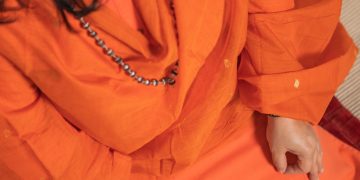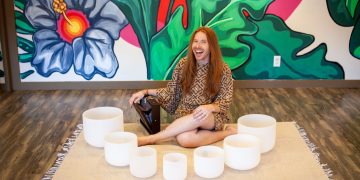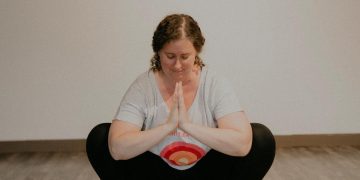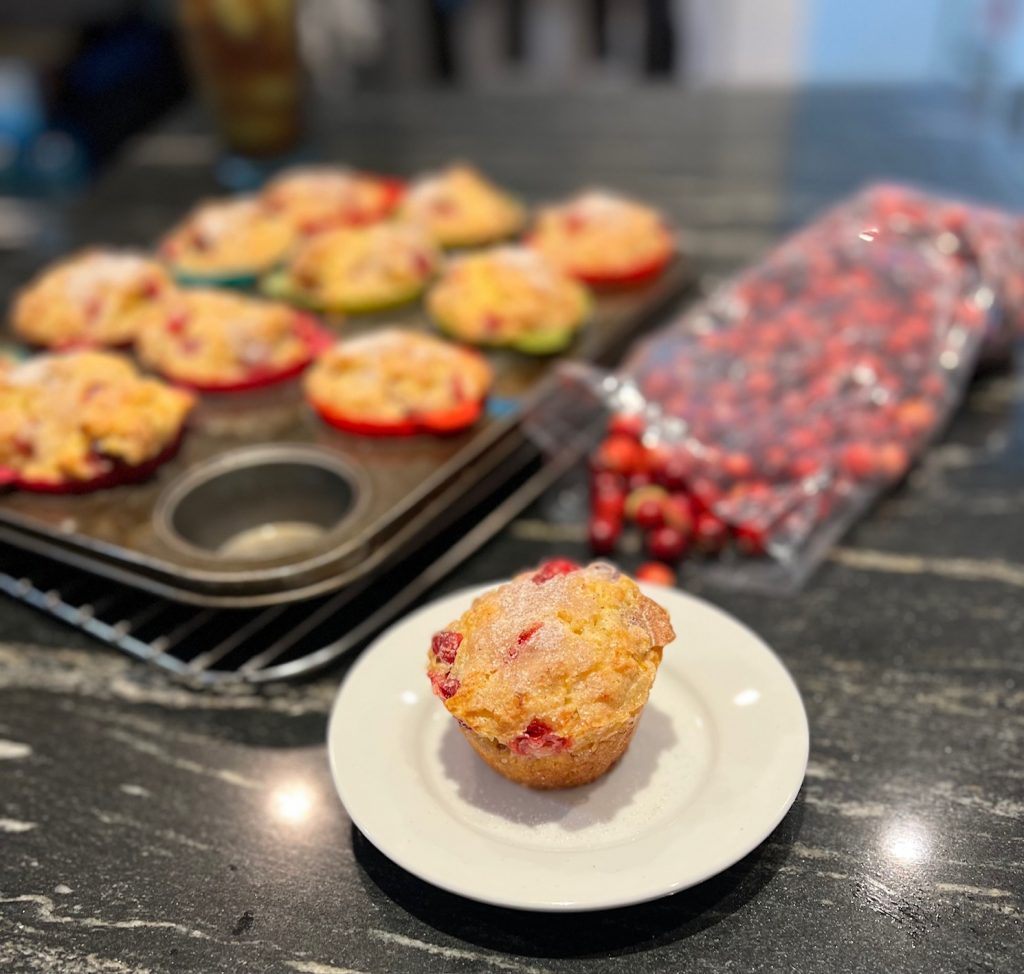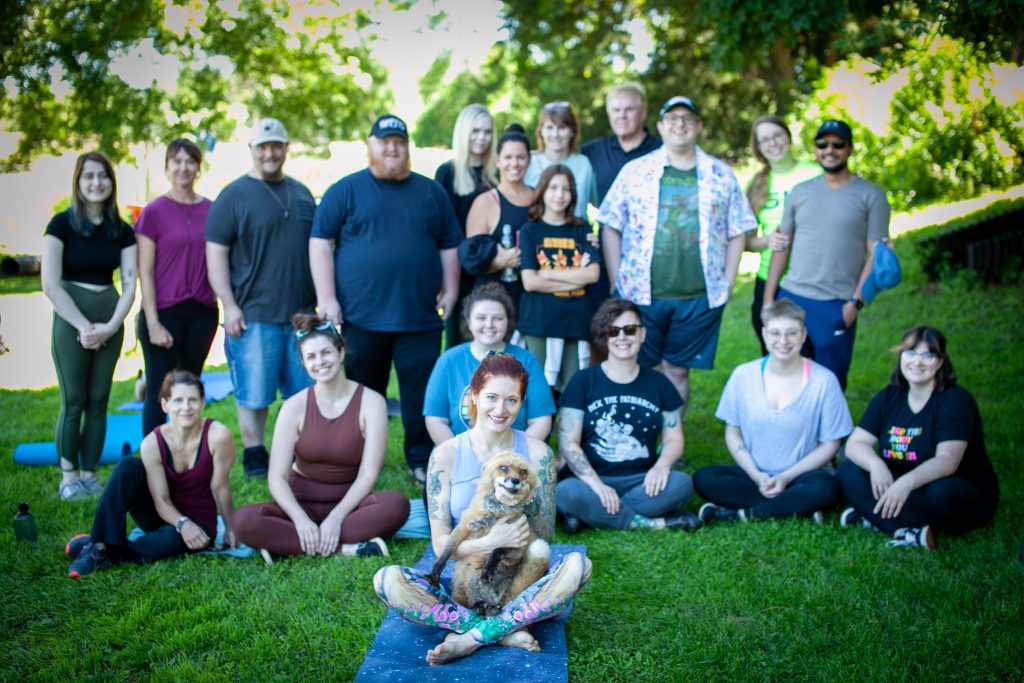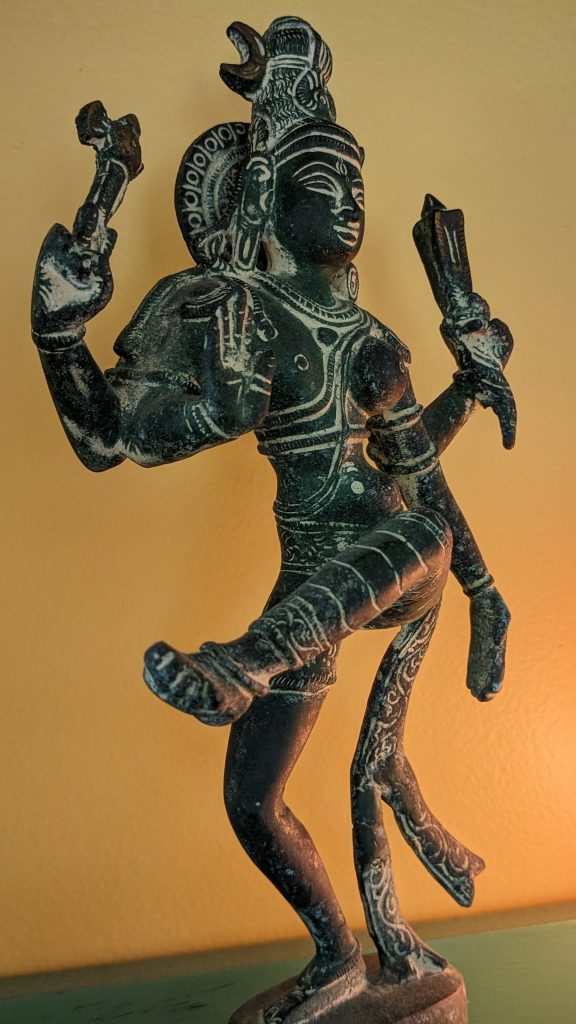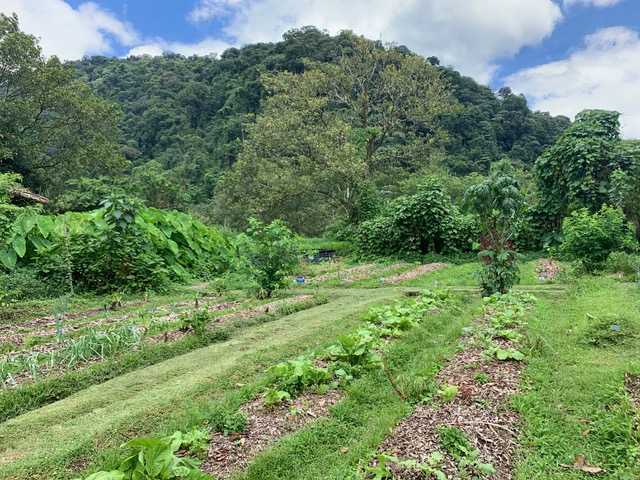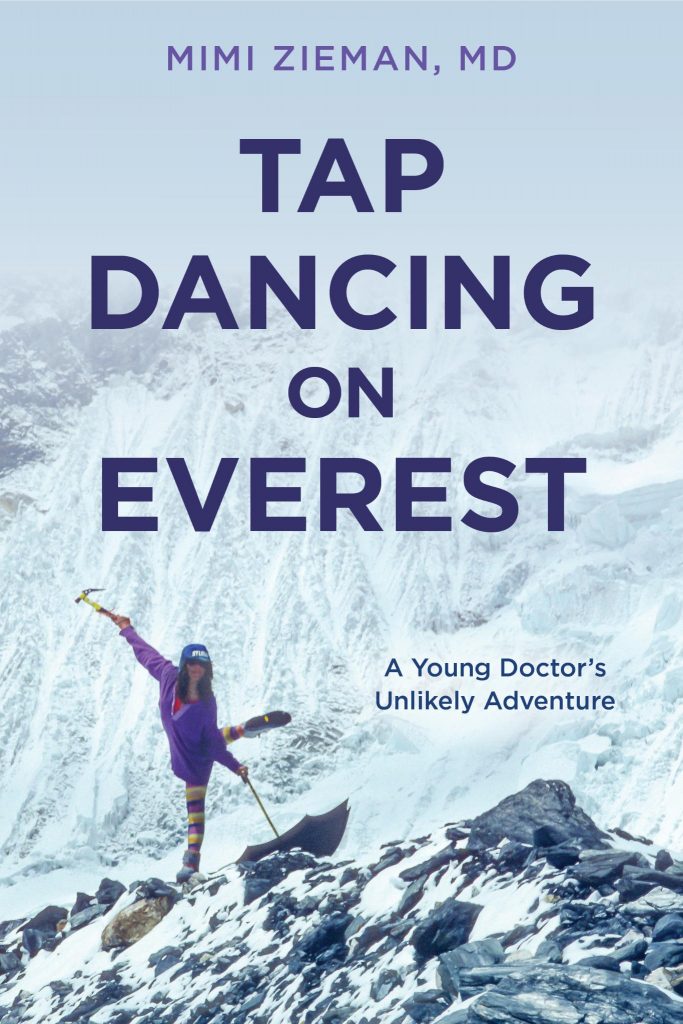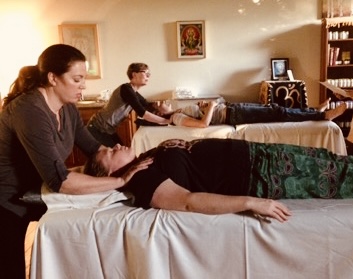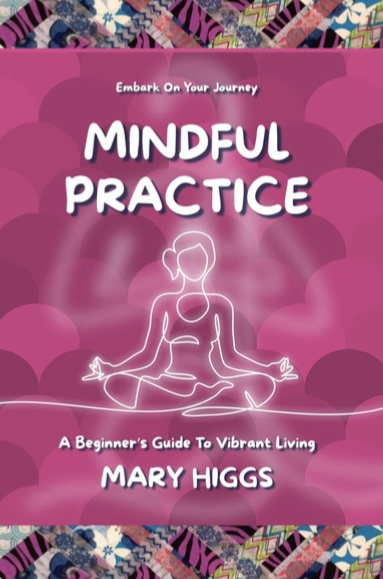Often perceived as restrictive, selfish, and downright mean, boundaries get a bad rap. When I first began my boundary journey, I shared many of those same negative viewpoints. But as I began to learn more, I realized that boundaries are actually quite expansive and, in my opinion, a radical act of self-love.
Healthy boundaries help us protect our energy and love ourselves better while setting the stage for others to do the same.
Boundaries are like our own secret sauce. They guide our lived experience and impact how we show up in the world. But even better than that, when we know our boundaries and stick to them, we build an unshakeable trust in ourselves – a trust inviting us to feel safe in our bodies and encouraging others to do the same.
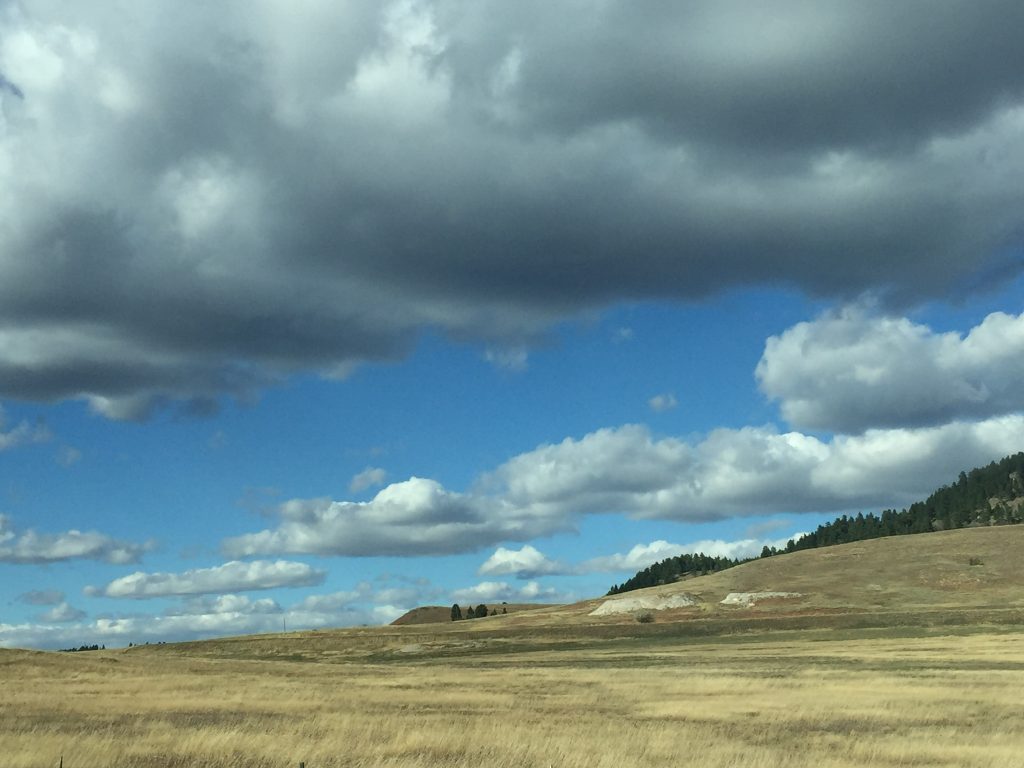
While many view boundaries as selfish, they are in fact just the opposite. Boundaries create a clear set of “rules” that help us respect our time, our bodies, and even our physical space. They help others know how to interact with us and prevent unnecessary drama. When we don’t have clear boundaries, we create more work for ourselves and others too!
So what exactly are “boundaries” and how do you create them?
I was surprised when I saw a list of boundary types and a bit overwhelmed to see examples of poor boundary behaviors. For example, do you ever say yes when you mean no? Do you put other people’s needs above your own? Do you take on more than you can handle? Do you have a hard time asking for help? Do you avoid difficult conversations or let others off the hook for things that upset you only to hold a grudge or misplace your anger?
If you answered yes to any of those questions (or all of them, like me), it may be time to reassess your boundaries.
“The foundation of healthy boundaries is self-knowledge and self-understanding.” – Terri Cole, author of Boundary Boss.
The practice of yoga offers us a place to explore our boundaries and get current with ourselves. Through self-study, physical practice, and meditation we can find our edges and begin to recognize our patterns. We can explore how our past experiences shape our current reality and determine the difference between our preferences, negotiables, and deal-breakers.
Knowing our limits and what we are willing to accept and tolerate gives us the ability to create proactive boundaries.
This exploration isn’t always easy or fun. Nor is it always well received by others. After all, who wants to respect a boundary when they’ve been doing whatever they want up until now?
As you begin to set boundaries, be prepared to repeat yourself and to get push back. Consider when and with whom you may be willing to deepen the conversation. Truthfully, you don’t owe anyone an explanation of or context around your boundaries. However, there may be times when doing so feels useful and productive. But remember, at the end of the day your boundaries are your business, and your business is to be courageous enough to embrace them.
Author’s Note: For an in-depth study of boundaries, the author recommends Boundary Boss, by Terri Cole. Other helpful resources include The Yamas and Niyamas by Deborah Adele, The Untethered Soul by Michael Singer, and The Bhagavad Gita translated by Eknath Easwaran.
Boundary Types
Physical boundaries: who has the right to touch you and how much personal space you need.
Sexual boundaries: how, when, and with whom you engage in intimate exchanges and what type of touch is acceptable.
Mental boundaries: what you believe and how you think; your ability to listen to others and stand your ground.
Material boundaries: how you relate to your possessions and want others to interact with them.
Emotional boundaries: owning your emotions and letting others own theirs.
Boundary Books & Resources
Boundary Boss, by Terri Cole
The Yamas and Niyamas, by Deborah Adele
The Untethered Soul, by Michael Singer
The Bhagavad Gita, by Eknath Easwaran
Allissa Obler is the owner and founder of River Valley Yoga Festival and Mudita Wellness, a boutique yoga studio in Stillwater, MN. With over 28 years of yoga practice, Allissa is an ERYT-200 and a YACEP through Yoga Alliance. Allissa has specialty training in restorative yoga and meditation and is nearing completion of her 500-hour certification with a focus on SomaYoga and Level 1 yoga therapy. With a passion for connecting others to the power of yoga, Allissa enjoys sharing the softer side through meditation, breathwork, and somatic movement.
Download the current issue of the magazine HERE.


